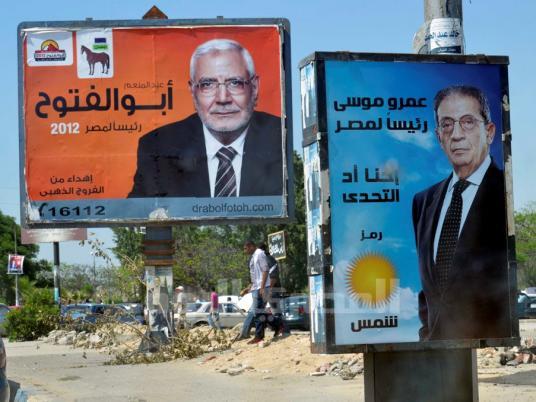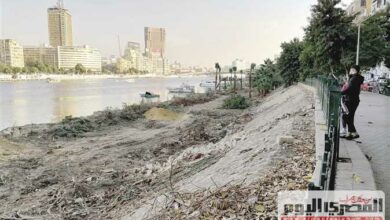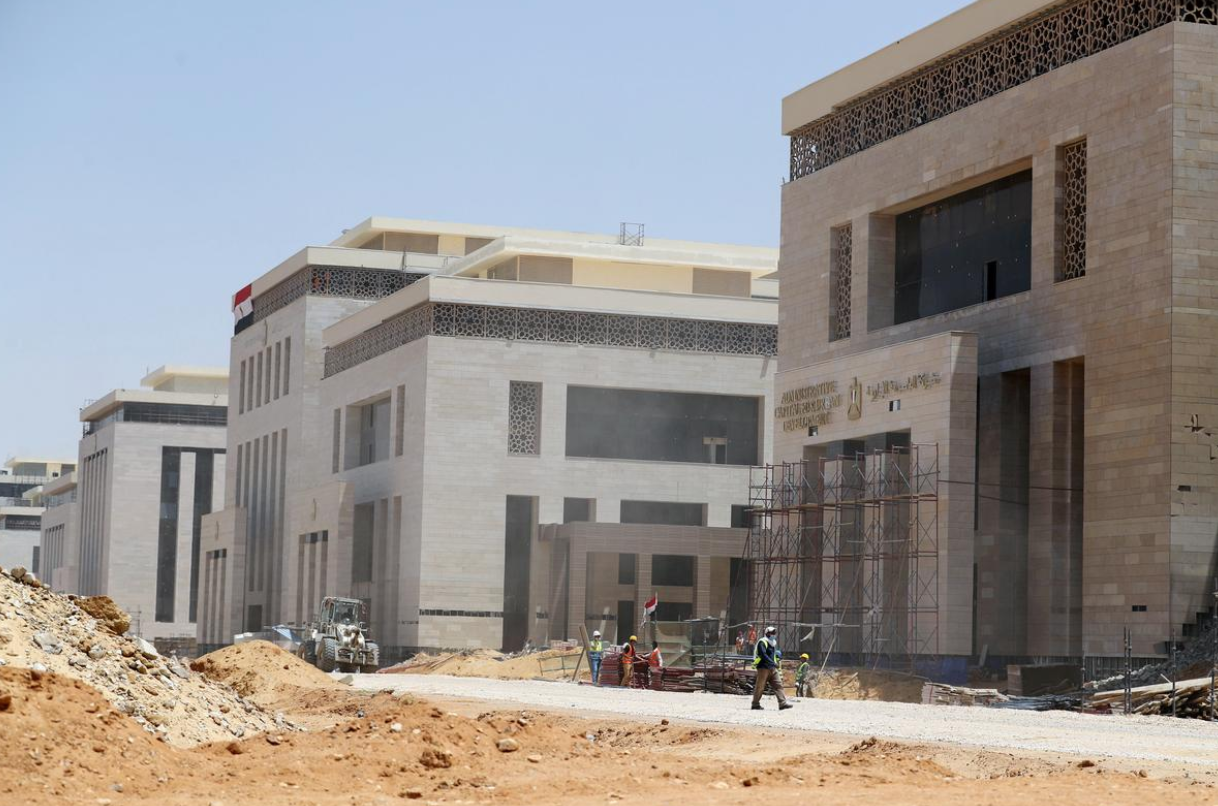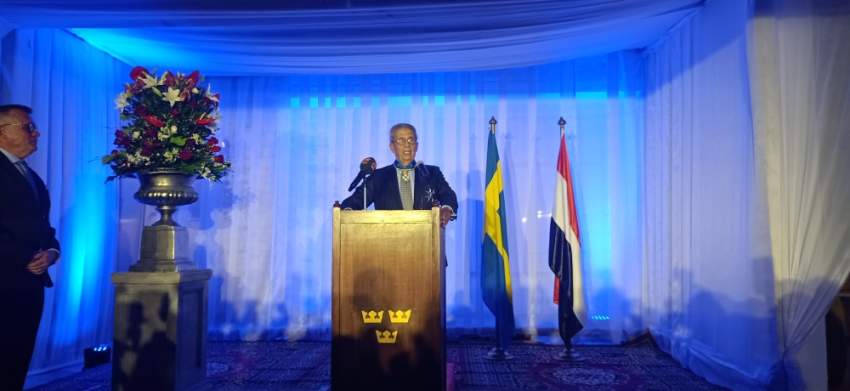
Former Arab League chief Amr Moussa remains on top of candidates for the presidential election to be held on 23 and 24 May, according to an opinion poll by a prominent think tank.
According to the Al-Ahram Center for Political and Strategic Studies survey, Moussa still tops the chart with the support of 40.8 percent of poll participants, but he is followed this time by former Prime Minister Ahmed Shafiq, who climbed to 19.9 percent.
Former Muslim Brotherhood member Abdel Moneim Abouel Fotouh fell back to third, with 17.8 percent.
Brotherhood nominee Mohamed Morsy remained fourth with 9.4 percent, followed by leftist Hamdeen Sabbahi with 7 percent.
Egyptians are due to vote on 23 and 24 May in the first round of the election, which is expected to go to a June runoff between the top two out of the 13 candidates. Regional observers are watching the election as a measure of the change brought by last year’s historic uprisings.
Moussa, 75, is a veteran diplomat who once served as Mubarak’s foreign minister. He has intensified his electoral campaign in Upper Egypt and the Delta, visiting towns and villages while painting himself as the only candidate with the stature and experience to lead Egypt.
Commenting on the results, three Al-Ahram center experts said competition is obviously heating up, and added that candidates’ campaigners are now applying their energy in full in a bid to sway voters.
Over the last three polls conducted by the center, Moussa has managed to maintain a support rate of around 40 percent, the recent poll revealed.
Shafiq, who served as prime minister under Hosni Mubarak, meanwhile, gained eight additional points in the same period, moving forward to second. Abouel Fotouh lost nine points, falling down to third. Morsy won nearly six points to keep his fourth post which he occupied since Al-Ahram center’s sixth poll.
Sabbahi also remained fifth for several consecutive weeks, enjoying an almost-stable support rate of 7 percent. Islamic intellectual and lawyer Mohamed Selim al-Awa also kept his sixth ranking for several weeks despite losing three points over the last three polls.
None of the 13 candidates in the first post-Mubarak presidential race is expected to win outright, setting the stage for a second round of voting in June, although Moussa and his Islamist rivals are viewed as front-runners.
The progress made by both Shafiq and Morsy over the last three polls came, therefore, at the expense of Abouel Fotouh and Awa, the poll said.
It illustrated that the recent indicators reflect a change in the public mood away from the Islamist nominees, which will benefit liberal and reformist runners.
The same poll said the rate of voters who remain undecided on whom they will support does not surpass 15.3 percent, thus echoing voters’ increasing hesitation as presidential campaigns grow fiercer.
Despite the slight increase in the number of those who say they will not vote in the elections, the number of those who said they would participate exceeds 95 percent.
That rate, however, is not expected to materialize on the ground, and the actual participation rate will rather be much less, which will serve earnest and organized groups, and nominees such as Abouel Fotouh and Morsy, according to the poll.
The poll said that if the recent indicators continue until the elections, a runoff can be expected between the two runners with the most votes.
It stressed that liberal candidates have better chances in the runoffs compared to Islamist contenders, adding that Moussa, in that respect, would enjoy the strongest prospects of success, given the wide gap that would exist between him and his liberal rivals in the runoffs.
If the runoffs are held for the top Islamist candidates, Abouel Fotouh and Morsy, Abouel Fotouh would have better chances, the poll says.
The center carried out its poll between 5 to 8 May, personally interviewing 1,200 participants who represent all Egyptian governorates. Participants were selected with the assistance of the Central Agency for Public Mobilization and Statistics.
The center estimated the margin of error at about 3 percent.




